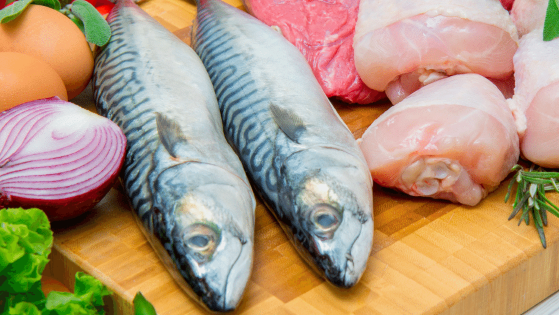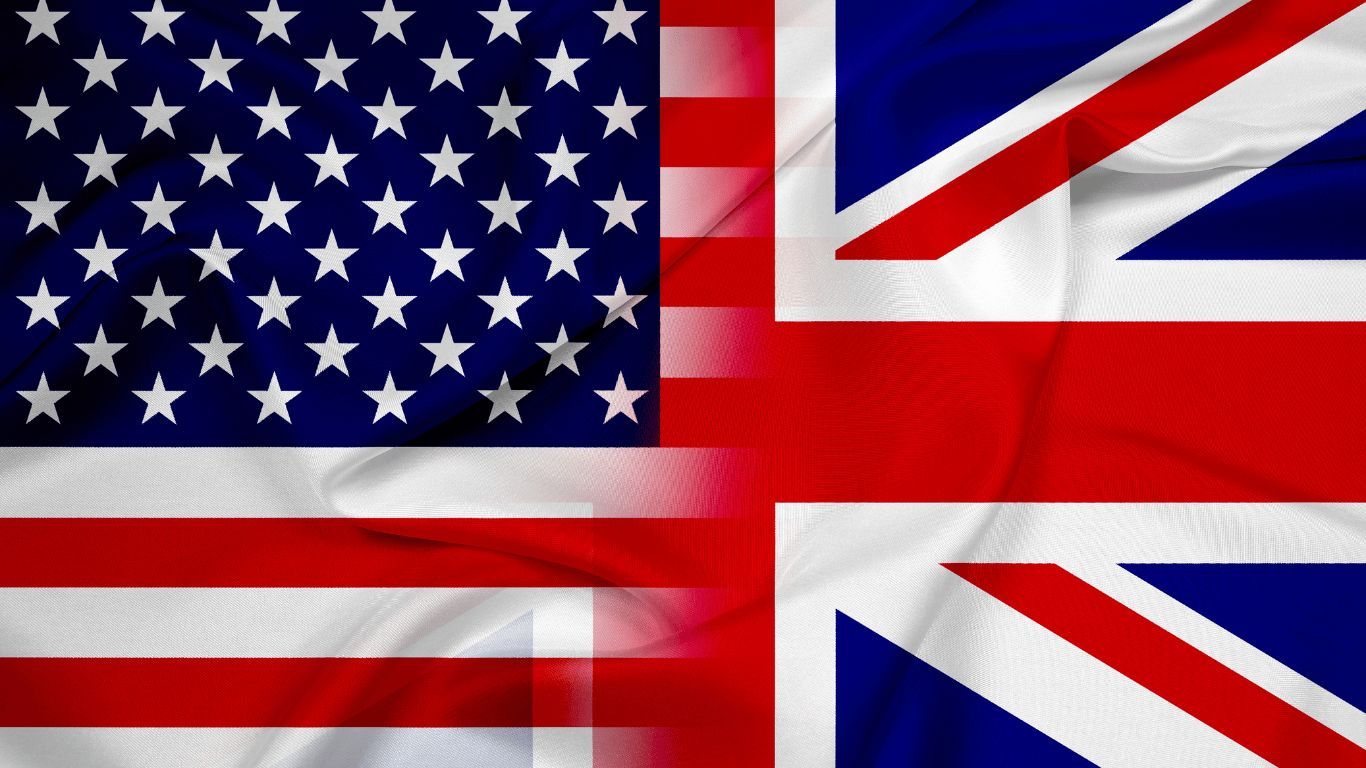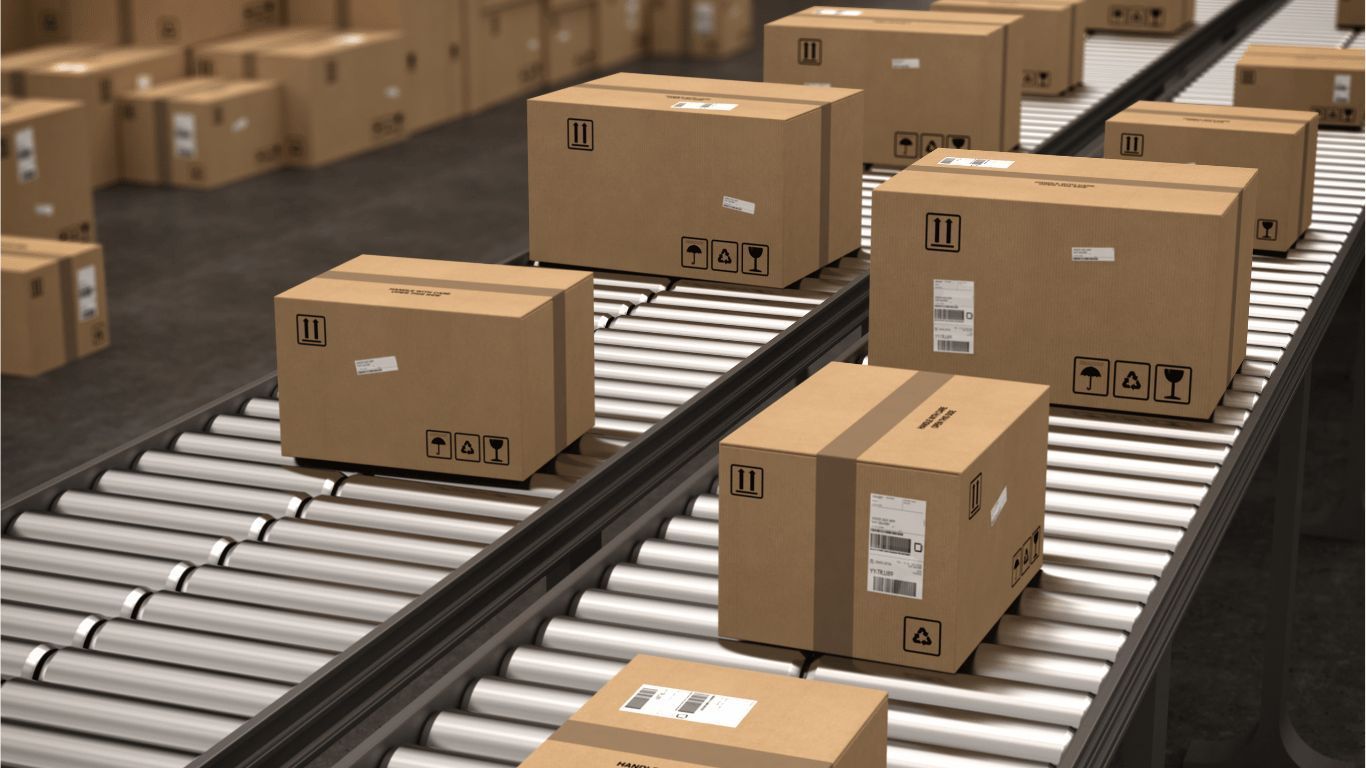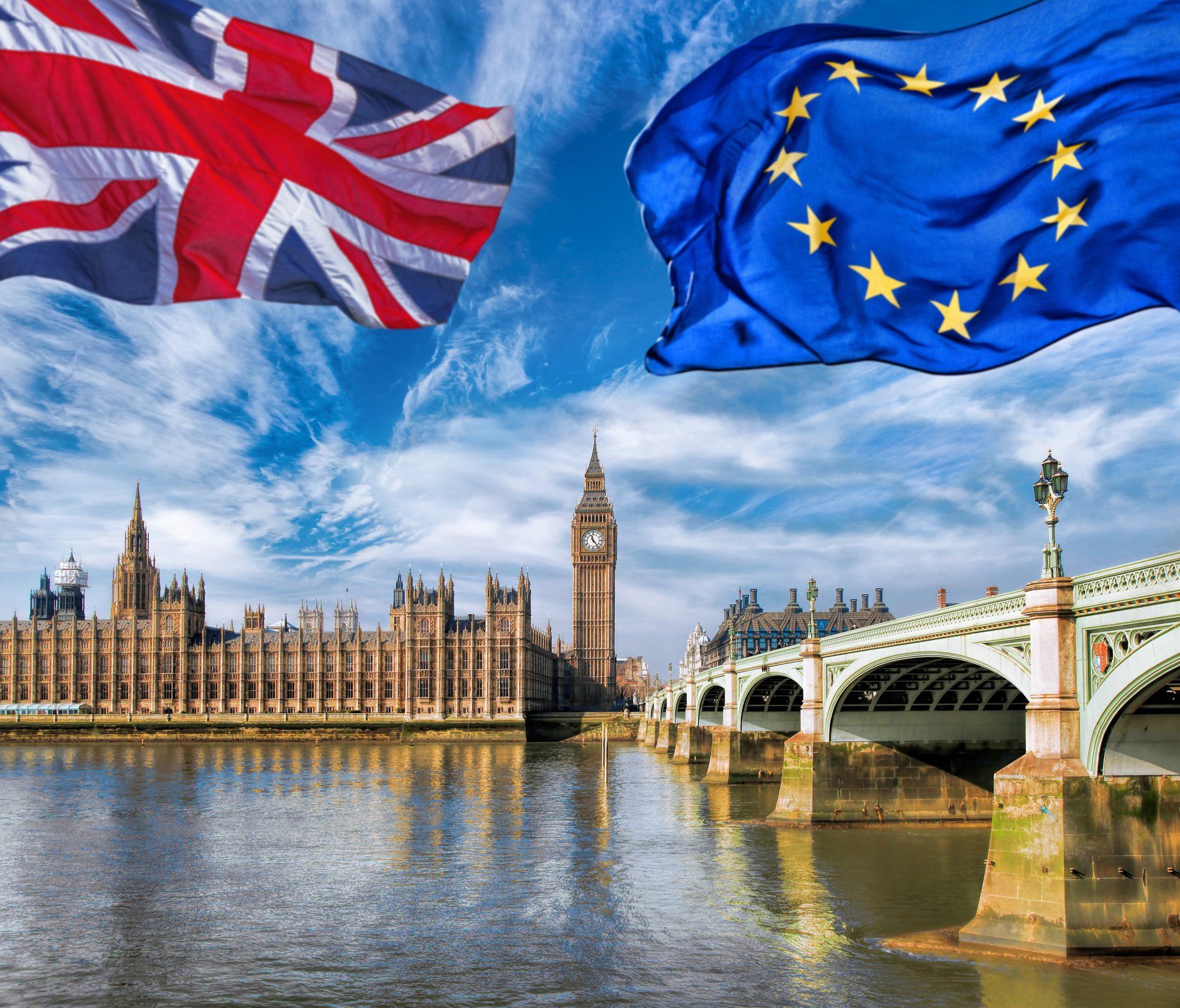GB Delays New Food Import Controls for 2022
Britain Abandons Final Stages of Post-Brexit Controls on Imported Foods

Cabinet Office Press Release
The UK Government stated on 28 April 2022 the following:
"The Government has concluded that it would be wrong to impose new administrative requirements on businesses who may pass-on the associated costs to consumers."
The remaining import controls on EU goods will no longer be introduced this year, the government has announced today.
Instead, traders will continue to move their goods from the European Union to Great Britain as they do now.
Russia’s illegal invasion of Ukraine, and the recent rise in global energy costs, have had a significant effect on supply chains that are still recovering from the pandemic.
The government has therefore concluded that it would be wrong to impose new administrative requirements on businesses who may pass-on the associated costs to consumers already facing pressures on their finances.
The change in approach is expected to save British importers at least £1 billion in annual costs.
The Government will now review how to implement these remaining controls in an improved way. The new Target Operating Model will be based on a better assessment of risk and will harness the power of data and technology. It will be published in the Autumn and the new controls regime will come into force at the end of 2023.
This process will build on existing work already taking place as part of the 2025 Border Strategy, including on the UK Single Trade Window – a new digital platform that will help traders to more easily move goods globally. Our goal is to create a seamless new ‘digital’ border, where technologies and real-time data will cut queues and smooth trade.
The controls introduced in January 2021 on the highest risk imports of animals, animal products, plants and plant products will continue to apply alongside the customs controls which have already been introduced.
List of Controls Not Being Introduced
Controls no longer being introduced for EU goods July 2022 are:
- A requirement for Sanitary and Phytosanitary (SPS) checks currently at destination to be moved to a Border Control Post (BCP)
- A requirement for safety and security declarations on EU imports
- A requirement for health certification for further SPS imports
- A requirement for SPS goods to be presented at a BCP
- Prohibitions and restrictions on the import of chilled meats from the EU
Post-Brexit Controls on Imported Foods
During 2022, the UK government was going to introduce the final stages of post-Brexit controls on imported foods coming into Great Britain. The UK government had announced the timetable in a press release at the end of last year.
Under the timetable:
- The requirements for pre-notification of Sanitary and Phytosanitary (SPS) goods, which were due to be introduced on 1 October 2021, were introduced on 1 January 2022.
- The new requirements for Export Health Certificates, which were due to be introduced on 1 October 2021, will now be introduced on 1 July 2022. Now not being introduced in 2022.
- Phytosanitary Certificates and physical checks on SPS goods at Border Control Posts, due to be introduced on 1 January 2022, will now be introduced on 1 July 2022. Now not being introduced in2022.
Import requirements from 1 January 2022
Traders were notified by Defra (Department for Environment, Food and Rural Affairs) that the following would apply, as from 1 January 2022:
From 1 January 2022, businesses importing products of animal origin, animal by-products and high risk foods not of animal origin (HRFNAO) must pre-notify consignments at least four hours in advance of arriving into Great Britain. The pre-notification must be made via the Import of products, animals, food and feed system (IPAFFS).
Port of Entry from 1 January 2022
As from 1 January and until 30 June 2022, consignments can enter Great Britain via any point of entry and not necessarily with a designated Border Control Post (BCP).
What are Sanitary and Phytosanitary (SPS) Measures?
These are measures in place to protect the health of humans, animals and plants and involve documentary and physical checks by border control and customs authorities.
What is Defra?
The Department for Environment, Food and Rural Affairs (Defra) is a UK government department responsible for regulations and policies covering the environment, rural issues and food. These responsibilities embrace the restrictions on bringing meat, dairy, fish and animal products, and fruit, vegetable, nuts and seeds into Great Britain. Please note that there are different rules for importing food or animal products into Northern Ireland.
What is IPAFFS?
The Import of products, animals, food and feed system (IPAFFS) is a web-based system used for applications and issuing of CHEDs (Common Health Entry Documents). Importers must use IPAFFS to notify government authorities before importing most consignments of animal products and products of non-animal origin. Please note that as from 1 January to 30 June 2022, importers are required to notify each product type on IPAFFS and not the full consignment in one notification. As from 1 July 2022, importers will need to submit a pre-notification for each export health certificate issued for the consignment.
Information needed for pre-notification on IPAFFS:
- The type of animal product or goods being imported (POAO, ABP, HRFNAO)
- Origin of the animal product or goods
- Commodity code
- Commodity type
- Species of the commodity
- Commodity weight (net kg)
- Date of arrival into GB
- Reason for importing consignment (internal market, transit, research, etc)
- Consignment’s place of destination
- Addresses and contact details for place of origin, importer and place of destination
- Details of port of entry
What are CHEDs (Common Health Entry Documents)?
The Common Health Entry Document (CHED) must be used by operators/importers for the mandatory prior notification of consignments to the authority responsible for the Border Control Post (BCP). Notification is made by the submission of a CHED with part one completed. The signed original CHED must be submitted to Port Health along with relevant documents, if applicable. Part two of the CHED is completed by Port Health when all checks are completed and subsequently stamped by Port Health. The original CHED is returned to the importer/agent and must accompany the consignment to the first destination shown on the CHED.
What are Export Health Certificates?
The exporter needs an Export Health Certificate (EHC) to export animal products to Great Britain. An Export Health Certificate is an authorised document that confirms that foods or animal products exported meet the health and quality requirements of Great Britain. The EHC must be signed by a vet or other qualified person in the exporting country after they have inspected the goods.
Defra state the following:
- Competent authorities in EU and non-EU countries must provide a health certificate to exporters of animals and animal products to Great Britain (England, Scotland and Wales), the Channel Islands and the Isle of Man.
- Competent authorities should use the relevant model health certificate as a template to create the health certificate for exporters. The model health certificates cover all of the import requirements for animals and animal products in Great Britain, the Channel Islands and the Isle of Man.
- Canada, New Zealand and the United States have bilateral model health certificates with Great Britain for some animals or animal products.
What are Phytosanitary Certificates?
Phytosanitary Certificates are provided by the exporter for the export of plants and plant products into Great Britain. Phytosanitary Certificates cover controlled plants, fruit, vegetables, cut flowers and regulated objects, such as farm machinery.
What is a Border Control Post (BCP)?
The Animal & Plant Health Agency (APHA) state that:
A Border Control Post is an inspection post designated and approved in line with GB legislation for carrying out checks on animals and animal products arriving from third countries at the GB border. These checks are carried out to protect animal and public health, and animal welfare.
Animals and animal products from countries outside the EU must be imported via an approved Border Control Post (BCP), where they undergo veterinary checks before they are allowed to enter Great Britain.
What are Port Health Checks?
HM Revenue and Customs state the following:
There are three levels of check carried out - documentary, identity and physical.
- In the documentary check, the health certificates and any accompanying laboratory test results are checked for authenticity and cross-matched with the details of the commercial documents to ensure that they relate to the consignment.
- The identity check involves the inspection of the consignment, checking the container seals and often the packaging of the goods to ensure that the goods match the information on the certification. Labelling and health marking will also be checked.
- The physical inspection of the goods involves the inspection of the product. The packaging will be opened, and the product examined to ensure that it is safe to eat and that it is the same product as certified. Where appropriate, the inspector will make an organoleptic (sight, smell, taste) assessment of the product. Samples may also be taken for laboratory assessment.
What are Composite Products?
The Foods Standards Agency states that a composite product is defined in legislation as a ‘foodstuff intended for human consumption that contains both processed products of animal origin and products of plant origin.
Further assistance with Importing Food Products
I can provide further advice and guidance with all aspects of importing foods into Great Britain. For more information, please contact me on 0118 932 8447 or by e-mail: info@icsglobalservices.co.uk
Latest update 29 August 2023 - See update.
Ian Simmonds




